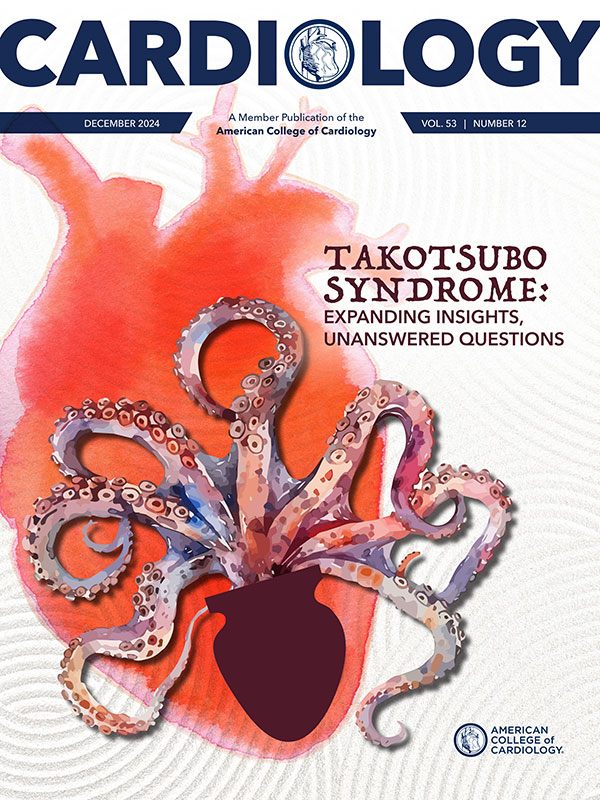New in Clinical Guidance | Contemporary Training in CCC

Critical care cardiology (CCC) requires specialized and advanced training. A comprehensive guide for current trainees, along with insights about the present landscape of CCC, as well as issues to be addressed for continued advancement were the focus of a recent JACC Scientific Expert Panel. The article, published in JACC, summarizes the discussion and recommendations from the inaugural CCC Education Summit.
Key Takeaways:
- CCC is a burgeoning specialty requiring advanced training.
- CCC is expanding in terms of dedicated service lines, number of cardiovascular disease fellows pursuing CCC, research investigations/publications, and programming at conferences including national and international CCC conferences.
- The expert critical care cardiologist staffing a level 1 cardiac intensive cardiac unit (CICU) will demonstrate cerebral competencies spanning cardiovascular disease and noncardiac critical care. Areas of proficiency include cardiogenic shock, heart-lung interactions, cardiorenal interactions, cardiac arrest and advanced mechanical circulatory support.
- The expert critical care cardiologist should demonstrate procedural competencies across the most common procedures performed in a level 1 CICU.
- Critical care training should be a minimum of 12 months.
- CCC fellowship generally should be structured as other subspecialty fellowships following cardiovascular disease training, with a 12-month focused critical care training. While ABIM allows some cardiovascular disease fellowship rotations to be applied to requirements for critical care medicine (CCM) certification, this limited dual application of rotation credit is at the discretion of CCC and CCM program directors.
- CCC fellowship programs generally should include a 12-month immersive clinical experience, with an option to extend training for CCC research.
- Standardization of training goals and competencies are next steps.
- Understanding the evolution of CCC, manifesting a trend toward increased acuity and illness burden in CICUs, constructs a framework for considering future progress. Molding CCC specialists and future developments should be driven by innovation, scholarship, collaboration and consensus.
- All newly trained critical care cardiologists working at the highest-acuity CICUs should be dual-board certified in cardiovascular disease and CCM.
- The demand for critical care cardiologists is increasing.
- Current demand outpaces the available supply, in part because of the infancy of CCC and inherent challenges in CCC training.
- Collaboration is recommended between the ACC, ACGME and ABIM so program directors and fellows understand competencies and pathways for certification in cardiovascular disease and CCM. Expertise of critical care cardiologists is needed in any evolving novel certification processes.
Click here to read the full document and Click here to learn about and join ACC's Critical Care Cardiology Member Section.
Clinical Topics: Heart Failure and Cardiomyopathies, Vascular Medicine, Atherosclerotic Disease (CAD/PAD)
Keywords: Cardiology Magazine, ACC Publications, American Heart Association, Practice Guidelines as Topic, Practice Guideline, Cardiomyopathy, Hypertrophic, Hypertrophic Cardiomyopathy, Peripheral Arterial Disease, Critical Care, Curriculum, Fellowships and Scholarships, Critical Illness

